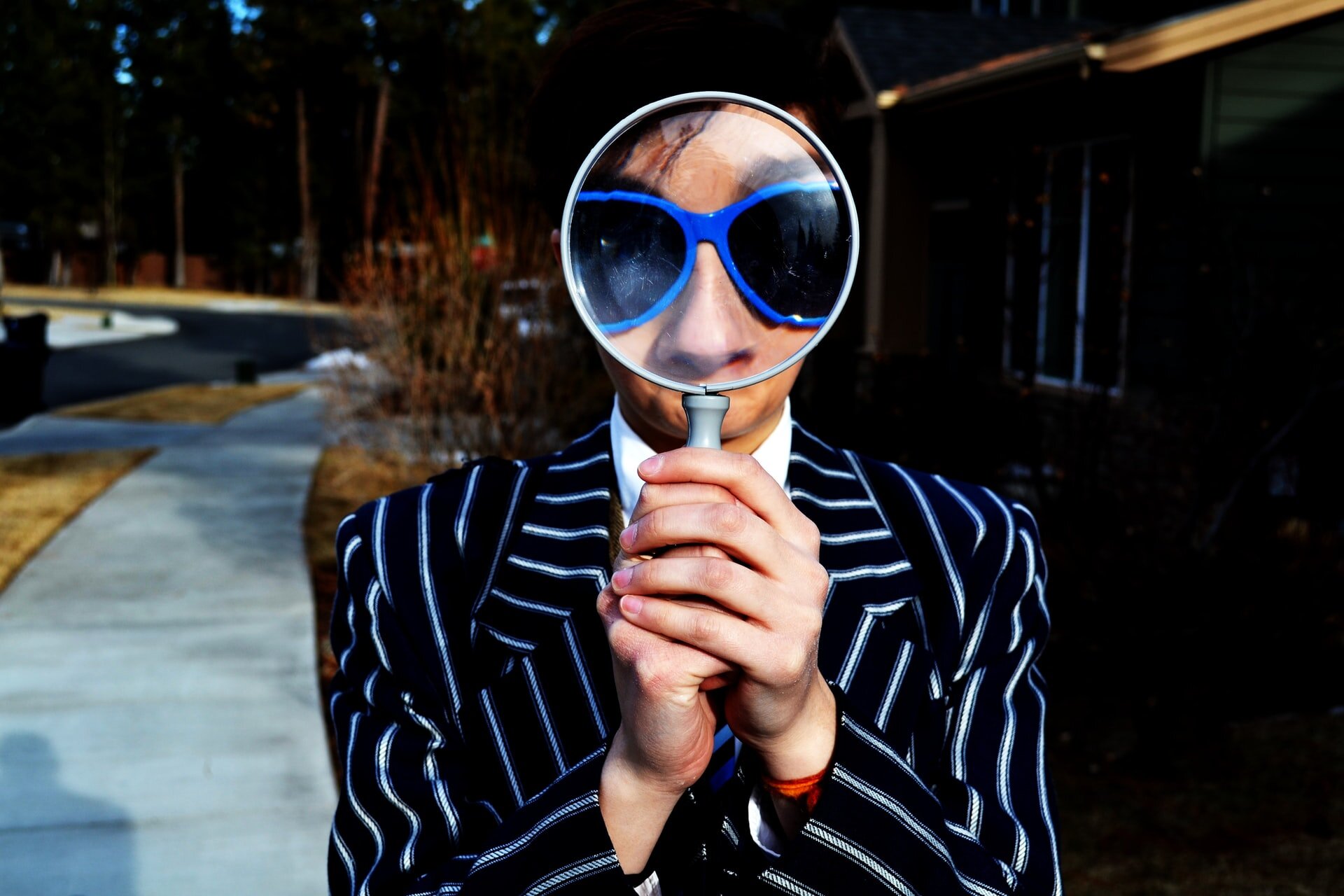Challenge - Train yourself to look for the behaviours you like
Challenge! Train yourself to look for the behaviours you like and ignore the rest
Image by moni quayle from Pixabay
Common objections:
"if you ignore everything else, you will never improve"
"by ignoring the rest you will allow all the bad things to happen so they will continue".
Many times when people have these objections, it gives them a reason or excuse to never try and test if they are right. Can you truly know something when you never tried it?
My answer to objection 1 ("if you ignore everything else, you will never improve")
By focusing on what you like, you start to see more of it. When you see the behaviours that you like more often - you see the improvement! If we are talking about the behaviour of your dog when you notice what you like, you can start to reinforce it with something your dog likes. If you are focusing on your own behaviour, even the simple fact of noticing and saying to yourself - "I like how I've done that" can be enough of a reinforcer to start to see this behaviour in yourself more often.
My answer to objection 2 ("by ignoring the rest you will allow all the bad things to happen so they will continue")
Photo by Marten Newhall on Unsplash
Most of us are wired to see the negatives and threats around us. By focusing on the things we like we notice them more but it doesn't mean that we stop seeing all things we don't like entirely! Ignoring the things we don't like for now is only but a first step! It means that we ignore the things we cannot currently change. What's the point to keep worrying "my dog is constantly jumping on me" or "I'm so bad, I always procrastinate"? What does it actually give you? You can notice it and then say to yourself, "now I want to focus on the times when my dog keeps 4 feet on the floor" or "now I want to focus on the times when I am doing the things I planned on doing".
Image by Ulrike Mai from Pixabay
Many of us have an ingrained belief that when we ignore something, it will keep coming back. The truth is often quite the opposite. Many times a dog learns to jump up because he gets his human attention for it. Many dogs will keep on doing that even when their owner keeps on saying "stop it, don't do it!" and push the dog off them. They think they tell the dog off for doing something they don't want but for the dog, it just turns into a game. Many people believe that we need to punish to teach. After all, we get tickets for speeding or bad grades for coming unprepared to school. It's something that we see around us and it could give us the impression that it's necessary. What if I will tell you that it's not necessary and the only reason you believe it is, is that you have never seen how focusing on the positives can influence behaviour? If you haven't seen it working, no wonder it's hard for you to imagine. Yet, that shouldn't be the reason for not trying. You can make it work with practice. It goes both to the example of teaching your dog and to changing your own behaviour. We don't need to be so critical of ourselves when we "do something bad"! In fact, you might not even realise how critical you are. If that would work, don't you think that you would be behaving in a perfect way by now? I talk with many people who say to me how critical of themselves they are. I haven't seen them changing their behaviour based solely on this criticism. Maybe it's time to try something new instead of doing the same old thing expecting a different result?
I want to add one more thing, ignoring the behaviour can be a powerful punisher for certain individuals and I can't say I recommend it! Ignoring the behaviour without teaching anything else is not an option that I would consider. There are other procedures that can help you avoid unwanted behaviour. You arrange the environment for success, break the behaviour down into small enough pieces that are accessible and come focused and ready to reinforce/acknowledge the behaviour that you like. People who focus on the things that they like don't leave it to chance that it will magically happen, they observe and learn the patterns so they can use them. In the end, you get more on what you focus on.
Are you willing to take on the challenge?
Image by jplenio from Pixabay
Challenge yourself to look for the behaviours that you like. Whether you are annoyed at your dog's "misbehaviour" or on your own "failed" attempts to do something, start looking for the times when the opposite is true. Your dog is doing the things you like at least sometimes and you are doing the things you planned on doing too. The challenge is to start noticing that. It can be very difficult at first but practice makes progress and the more you do it, the easier it gets. If you take on the challenge, I would love to hear how it goes for you.
BF Skinner in his book "Science and human behavior” shared, "there is a great deal of unlearning when it comes to behavior science". The "unlearning" can start now.
Image by Siggy Nowak from Pixabay















